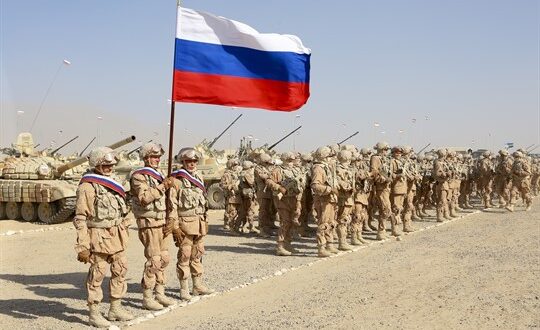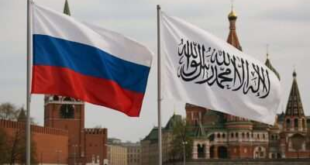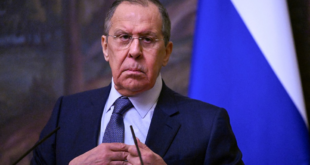On Feb. 15, 1989, Col. Gen. Boris Gromov became the last Soviet commander to leave Afghanistan, crossing the Friendship Bridge into what was then the Uzbek Soviet Socialist Republic. Gromov’s departure ended the USSR’s decade-long military occupation of Afghanistan, characterized by some as the country’s version of the Vietnam War.
Moscow left behind capable local security forces, infrastructure projects and a pipeline of assistance to support its client, the socialist government led by then-President Mohammad Najibullah. Although Najibullah’s government would hold out for another three years, Moscow’s Afghanistan debacle helped bring about the implosion of the Soviet empire between 1989 to 1991.
By comparison, America’s abrupt withdrawal from Afghanistan this year, which triggered a total collapse of the U.S.-backed Afghan government within weeks, has been a faster moving catastrophe for Afghanistan and its neighbors. It has left the United States without any real sway in Afghanistan. It has also shifted the balance of international influence in a region that remains no less important to U.S., Russian and international security than when American troops invaded in 2001, or when the U.S.-backed Mujahideen fought the Soviet occupiers to push them out of the country in the 1980s.
 Eurasia Press & News
Eurasia Press & News




